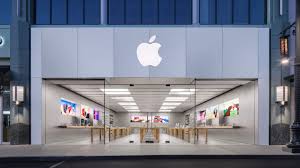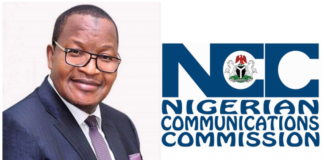A London Apple Store has become the center of a debate over the authenticity of iPhones sold in Nigeria after a pastor’s attempted trade-in went wrong. The incident has cast a spotlight on the country’s unique tech market and the challenges of verifying devices across international borders.
Pastor Gbenga Samuel Wemimo of Gbenga Samuel Wemimo Ministries International (GSWMI) and his wife tried to trade in a new iPhone, which they bought from an “Apple-branded outlet” in Lekki, Lagos. At the Apple Store in Westfield Stratford City, London, the device was flagged as stolen and then as missing in the company’s system. Despite providing receipts, the couple was denied the trade-in.
“Only God did not let them call the police on us,” Pastor Wemimo wrote in a viral post on X (formerly Twitter).
The event immediately sparked questions about the legitimacy of Apple stores in Nigeria. Apple’s own store locator confirms it does not operate corporate retail stores in the country; instead, it directs customers to authorized resellers and service providers. This means Nigeria’s market relies on the integrity of these partners.
In response to the viral post, the Lekki outlet stated, “We take authenticity seriously. We are reviewing the matter and kindly request the device’s IMEI/Serial number and purchase receipt for prompt verification.”
Several other customers have since shared their experiences online, claiming their phones from the same store were verified as authentic overseas, complicating the narrative.
Sources familiar with the situation say the incident highlights three recurring issues: the reliance on reseller supply chains, the delay in real-time updates across global device databases, and the problem of grey-market imports or post-sale reporting that can create false positives when a device is checked abroad.
This controversy comes amid wider concerns about brand impersonation and device fraud. The Association of Mobile Communication Device Technicians of Nigeria (AMCODET) has repeatedly called for mandatory phone registration at the point of purchase to deter theft.
The Nigerian Communications Commission (NCC) launched its national Device Management System (NCC-DMS) in September 2024 to address the issue, but enforcement is still a work in progress.
For consumers, the practical advice is clear: buy from authorized channels, keep all receipts, and register your device’s IMEI if possible. The Lekki outlet’s review of the phone’s IMEI and receipt will be the crucial next step in either clearing or confirming the device’s status, and the case has renewed calls for greater transparency in Nigeria’s bustling smartphone market.
















